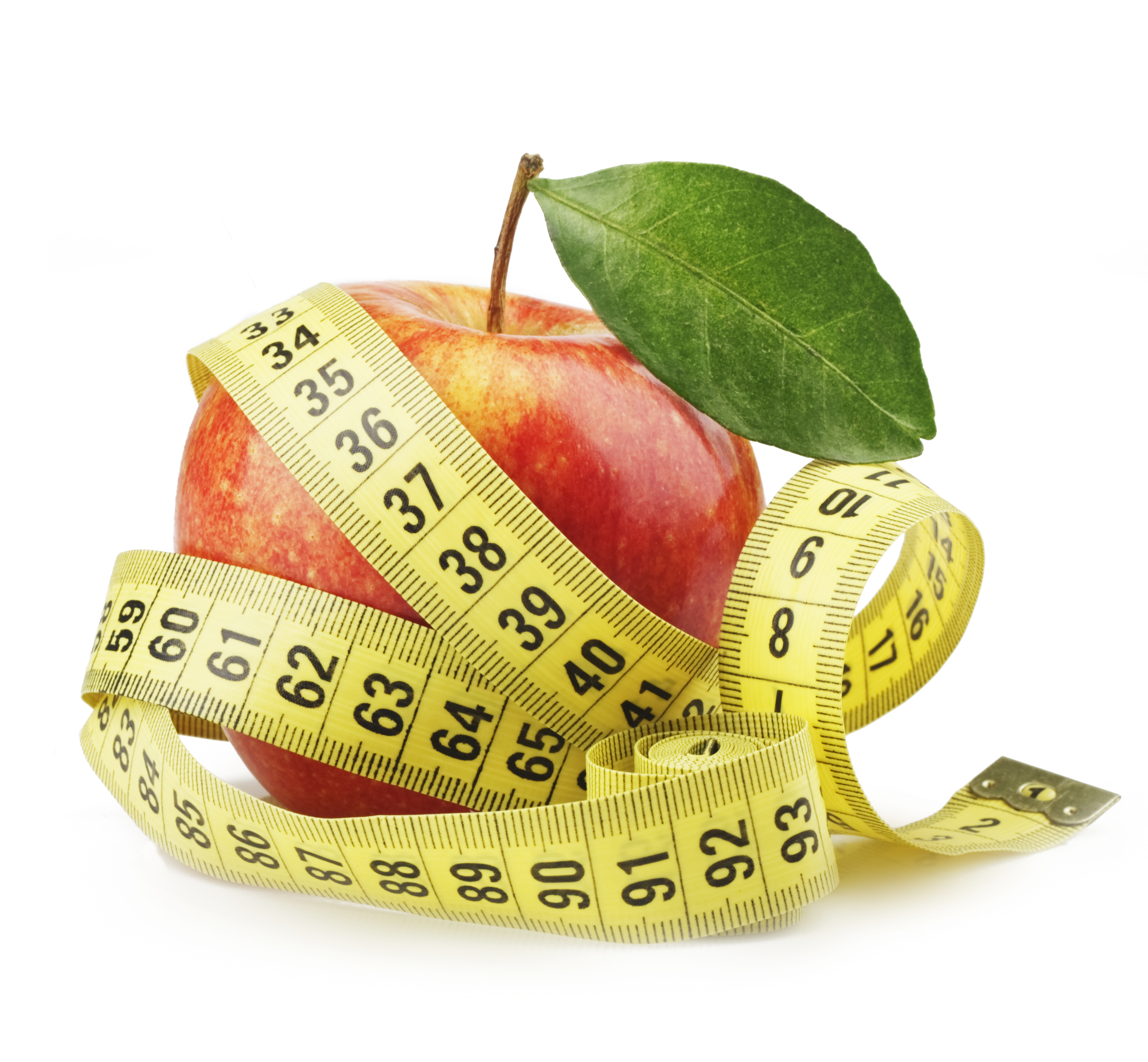A recent study, run by researchers at the University of Texas Medical Branch in Galveston, showed that young women (with an average age of 25) often don’t know they’ve gained weight–some of the women who participated in the study gained more than 10 pounds and didn’t realize it. While a few extra pounds may not seem like such a big deal at first, consider that those who are overweight have an increased risk of cardiovascular diseases, cancer, and diabetes.
Clearly, it’s important for anyone of any age to keep their weight in what’s considered a normal/healthy range for them. Here are some quick and easy tips and swaps to help you cut calories–and also help you cut your risk of the conditions that weight gain can bring about.
- Eat more fruits and veggies. Simple and easy, right?
- Steam your veggies–it’s a much healthier way to cook them than drowning them in butter.
- Find ways to incorporate more fruit into your diet–for example, keep an apple, banana, or orange at your desk for a healthy snack at work. Or top whole grain cereal with your favorite fresh or frozen berries.
- Eat healthier carbs–opt for fiber- and protein-rich brown rice instead of white rice, and nutrient-rich whole wheat bread instead of white bread. Consider trying brown rice pasta instead of pasta made from wheat flour.
- Make a tomato salsa out of diced, fresh tomatoes and basil. Use it in place of a sodium-laden pasta sauce, top a grilled chicken breast with it, or even use it as a healthy side dish for a meal.
- Drink plenty of water. It’s good for you and calorie-free, too!
- Drink less sugary beverages like soda. If you need a caffeine fix, consider drinking black coffee or plain tea.
- If you need a little bit of sweetness in your tea or coffee, try a natural stevia sweetener rather than dumping in a packet of sugar.
- Whenever possible, bake or grill your meat as opposed to frying and/or breading it.
- Take a break from creamy, fattening salad dressings. Opt for oil and vinegar instead, or sprinkle a little bit of lemon juice over your salad.
- Use low-sodium or sodium-free broths or bouillons as a base for a hearty vegetable soup, fiber-packed bean soup, or chicken rice soup.
- Choose healthier condiments like mustard instead of fattening ones like mayonnaise. And remember that sliced tomatoes, onions, and lettuce are great toppings for sandwiches, too!
- Pack your lunch. If you bring a packed lunch to work with you, the convenience of having a healthy, packed meal right at your desk may dissuade you from getting up, going out, and eating a few slices of pizza for lunch.
- Indulge in treats on occasion, but do so in moderation. And if you don’t love it, stop eating it.
Interested in finding out more about how you can maintain a healthy weight and eat a healthier diet? If your employer offers a wellness program or wellness coaching, be sure to take advantage (if your employer offers Health Advocate as an employee benefit, you might have access to one or both of these things, so check with your employer!). Or consider talking to a nutritionist–if you aren’t already connected with one, a service like Health Advocate can help you find a local, in-network nutritionist who can give you more tips on healthy eating.



